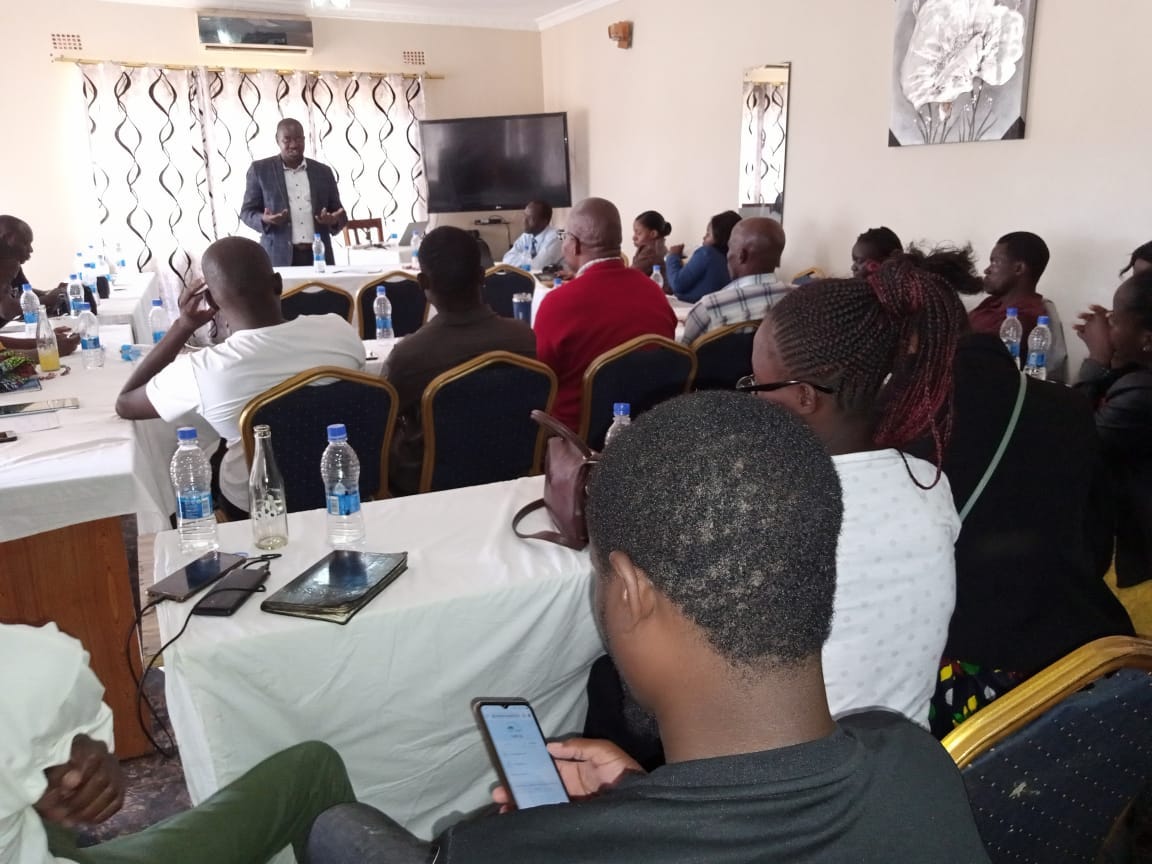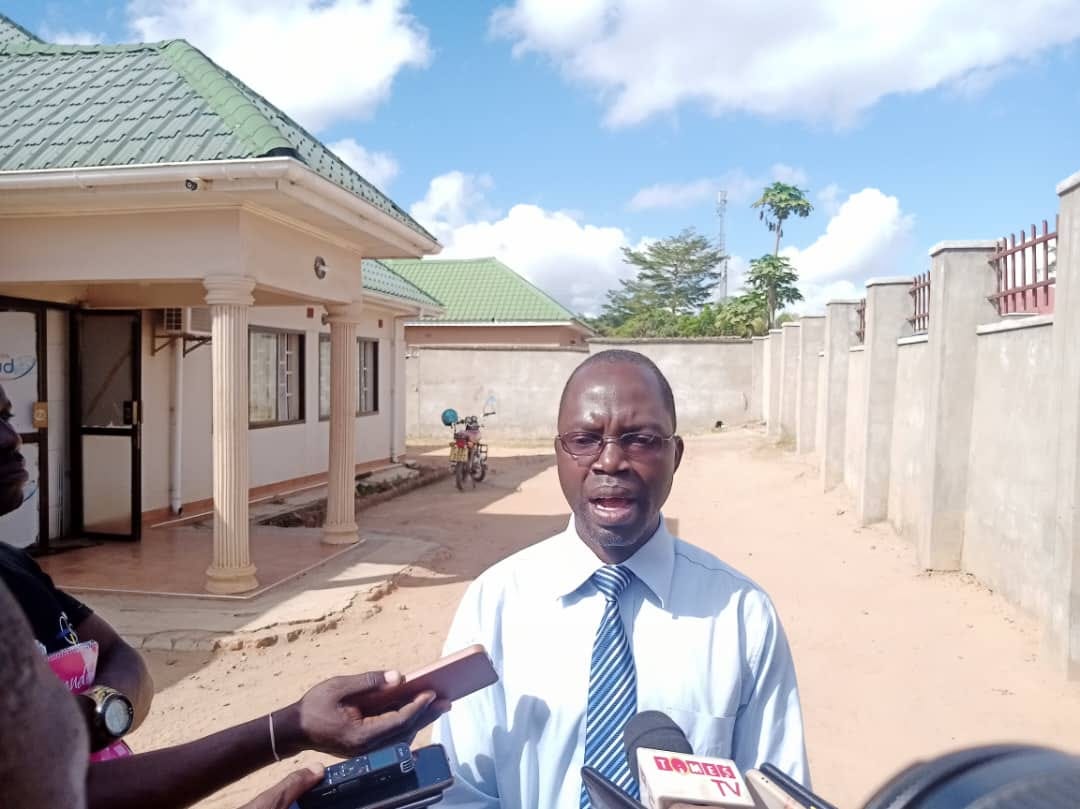Journalists in Malawi Trained on Biotechnology
Journalists from the Nyika Media Club were trained on biotechnology on June 9, 2023, in Mzuzu, writes Tionge Hara.
Mzuzu, Malawi-- Journalists from the Nyika Media Club were trained on biotechnology on June 9, 2023, in Mzuzu, writes Tionge Hara.
The training was organized by the Open Forum on Agricultural Biotechnology (OFAB) and the National Commission for Science and Technology (NCST).
The training was aimed at equipping journalists with the knowledge and skills they need to report on biotechnology.
Biotechnology is a rapidly growing field with the potential to improve food security, nutrition, and health.
However, there is some public concern about the safety of biotechnology. It is important for journalists to be able to accurately report on this issue so that the public can make informed decisions.
The training was led by Yohane Chimbalanga, a Research Services Officer at NCST. Chimbalanga explained that biotechnology is the use of biological processes to make products that improve human life.
He said that biotechnology can be used to improve crop yields, reduce the use of pesticides, and develop new medicines.
Abel Sefasi, a senior lecturer at the Lilongwe University of Agriculture and Natural Resources, also spoke at the training. Sefasi said that biotechnology has the potential to transform agriculture in Malawi.
He said that biotechnology can help farmers to produce more food, reduce their costs, and improve their livelihoods.
Joseph Mwale, the chairperson of the Nyika Media Club, said that the training was important for journalists.
He said that journalists need to be able to report on biotechnology accurately so that the public can make informed decisions.
Mwale said that the Nyika Media Club will continue to work with OFAB and NCST to promote biotechnology in Malawi.
In the engagement meeting, journalists asked NCST to use languages that farmers could understand when reporting on biotechnology. They also asked NCST to provide more training on biotechnology for journalists.
NCST has said that it will continue to work with journalists to promote biotechnology in Malawi.





This is a just the opposite of the direction we need to go. The biotech industry is loaded with synthetic chemicals, seed control, narrow genetic diversity, mono-cropping / mono-livestocking - all opposite of the Agroecology principles that are being encourages for saving our earth from the destructive path that it is on.
There are many organizations to talk with to include in your story to give a full picture of the issue, these three agroecology (AE) groups in Malawi are key:
1 - Permaculture Network in Malawi (is more than AE it is about designing for sustainable living)
2 - AE hub (not always organic)
3 - Malawi Organic Movement (Organic AE)
To join the groups, for the first two, fill the form below and you will be sent an email which allows you you to update your own information as needed in the future.
1 - PNM flyer membership fees and benefits (even if you aren’t joining as a member fill out the form for the database)
https://drive.google.com/file/d/1Uc5Hy2vTSvl0-AvxYGD3jZWZUDOh9D96/view?usp=sharing
2 - Agroecology (AE) Hub
https://forms.gle/eL3KUkrJSCh51CPL9
3 - For the Malawi Organic Movement there is no form. Join either PNM or AE and let them know you’d like to also join MOM, explaining what you do with organics to PNM
Stacia Nordin, RD
Registered Dietitian Sustainable Nutrition
NeverEndingFood Permaculture
https://linktr.ee/neverendingfood.permaculture
(+265) 999.333.073
NordinMalawi@gmail.com
www.NeverEndingFood.org
*Sustainable Nutrition Manual: Permaculture for Healthy Planet & People*
Free manual, flyers, drawings, and posters
https://www.neverendingfood.org/sustainable-nutrition-manual/